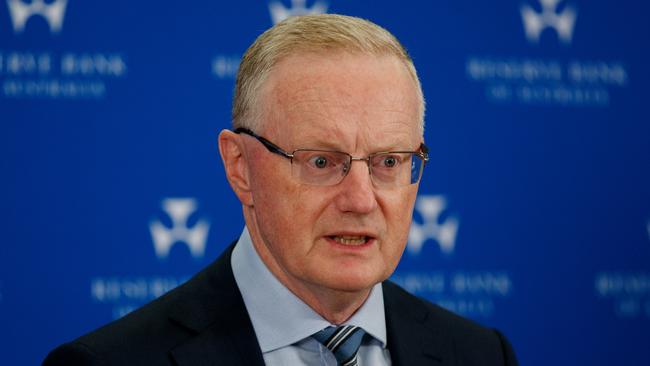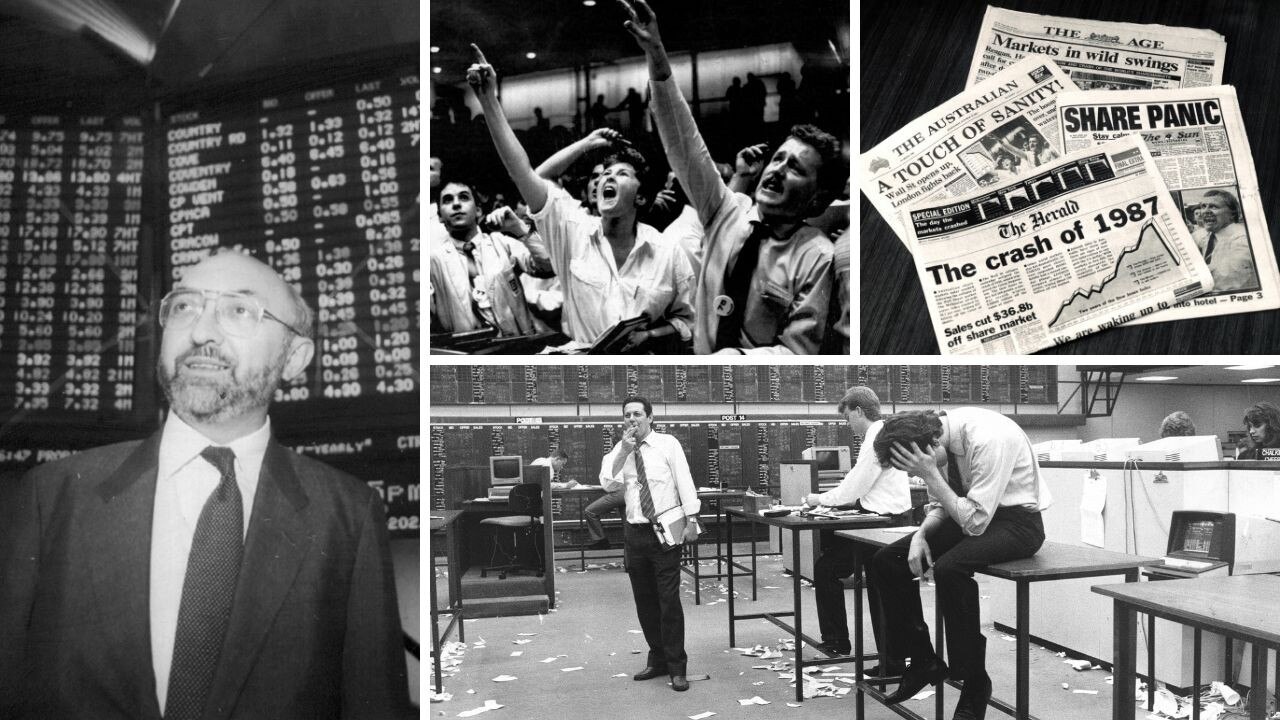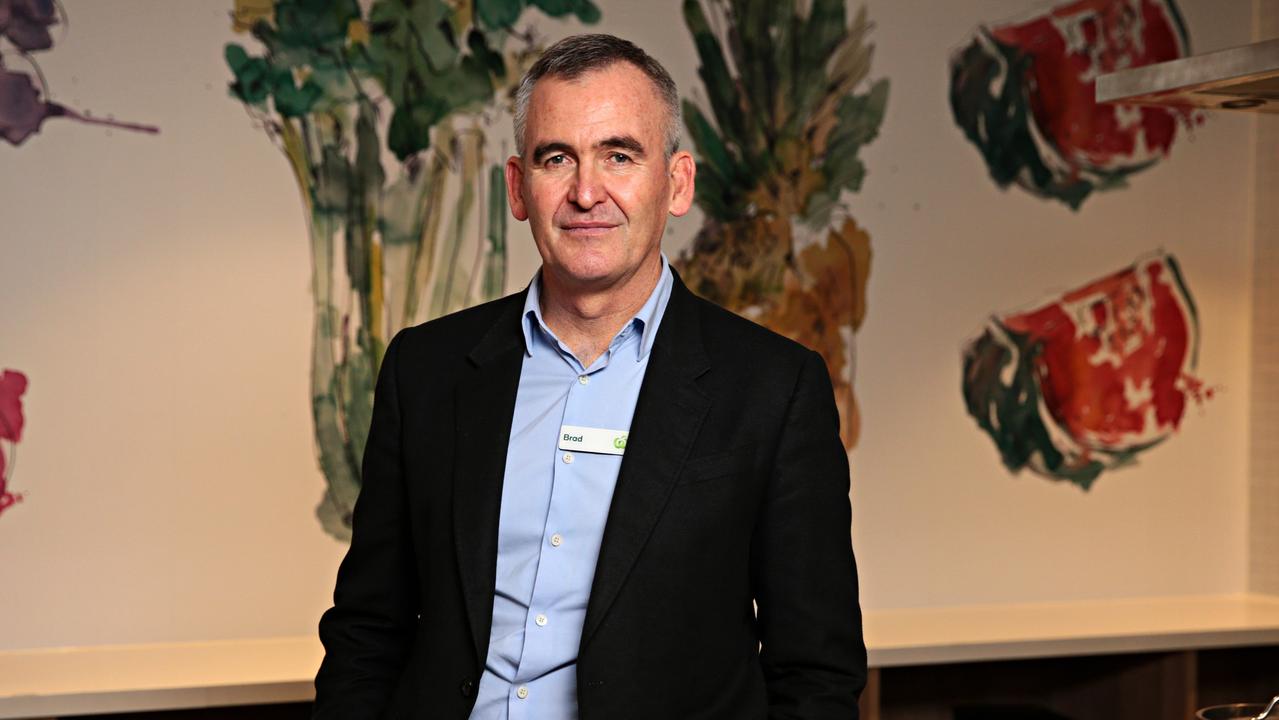Uh-oh! Rising wages could push interest rates higher
Phil Lowe and everyone with a home loan should be alarmed. The latest wages data suggests that the RBA is unlikely to pause interest rates again in June.

Terry McCrann
Don't miss out on the headlines from Terry McCrann. Followed categories will be added to My News.
Reserve Bank governor Philip Lowe should be at least alerted by the latest wages data. He should be alarmed – and so should anyone with a home loan.
To borrow yet another cliché of recent popularity, he – and even more, those with mortgages – might come to bitterly regret getting what he, Lowe, has been wishing for since around 2016.
And the fact that he wasn’t ‘getting it’ – wage rises north of 3 per cent and even more, above 4 per cent – underwrote that infamous ‘promise’ not to hike rates from zero before ’24.
For right now, we are at the very brink of that dreaded wages part of the ‘wages-prices spiral’ that could send the RBA’s official interest rate, and home loan rates with it, significantly and punishingly higher.
With it all made much worse and more complicated by the combination of runaway migration and the abysmal productivity that makes even a generalised 4 per cent wage rise across the economy too inflationary.
You might think that strong migration would mitigate wages pressure. But coming into a situation of locked-in generalised wage rise of 4 per cent plus, it would work far more punishingly to boost inflation.
The headline 3.7 per cent generalised, across-the-economy, wage rise, shown in the ABS Wage Price Index, wasn’t that threatening – even though it was the highest it’s been in ten years.

That’s precisely around what Lowe wanted and would normally have left the RBA’s official rate where it is now.
With even reasonable productivity growth in the 1 per cent-plus range, all the pieces would have slotted into place for inflation to come back below the top of the RBA’s 2-3 per cent inflation range.
And workers could have looked forward to wages growing faster than prices; sustained near full-employment, even with the heavy migration program; and indeed interest rates in time coming off a bit.
But you can now well and truly kiss goodbye to that Goldilocks scenario. Two figures in the detail of the data ring the tocsin.
First the 3.7 per cent overall figures is a mix of 3.8 per cent in the private sector and just 3 per cent in the public sector.
But public sector wages are in the process of going to 4 per cent increases - and quite likely higher.
The prime minister has offered federal public servants 10.5 per cent over three years, starting with 4 per cent in the first year.
They want 20 per cent over the three years – just under 7 per cent a year; they will get something north of 4 per cent for every year.
Add in private sector wages rises now increasingly come in north of 4 per cent a year – and the minimum wage to get a hefty, similar hike – and we are headed very quickly to wages rising right across the economy at 4.5 to 5 per cent. Hopefully, not more.
That was the second figure. Of those getting wage rises, some 35 per cent got 4 per cent plus, including many of 6 per cent plus.
That’s the highest since 2009.
It’s hard to see Lowe pausing again in June.
Originally published as Uh-oh! Rising wages could push interest rates higher



